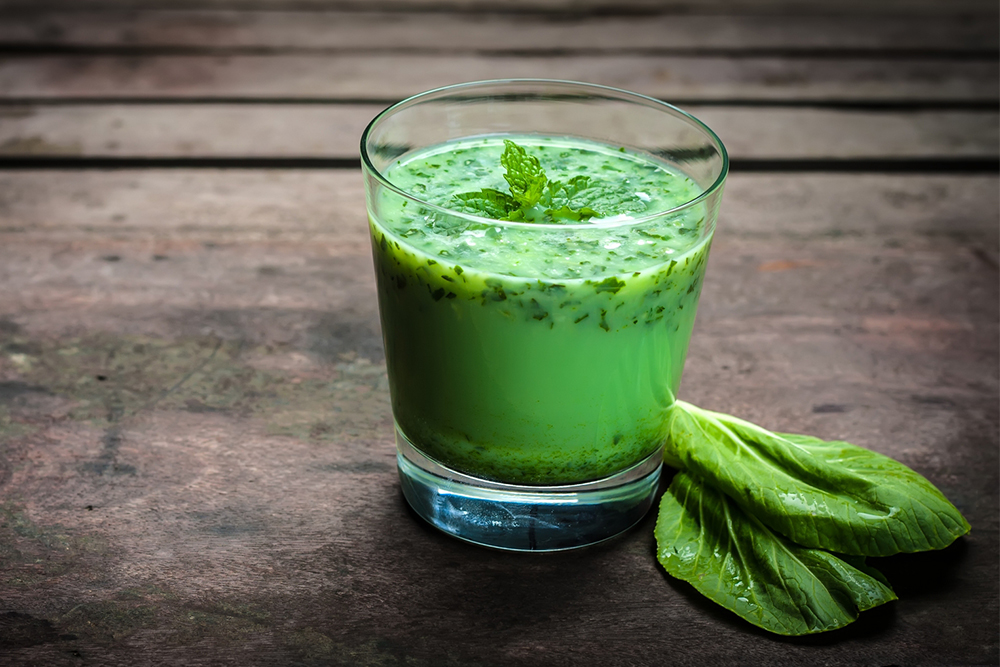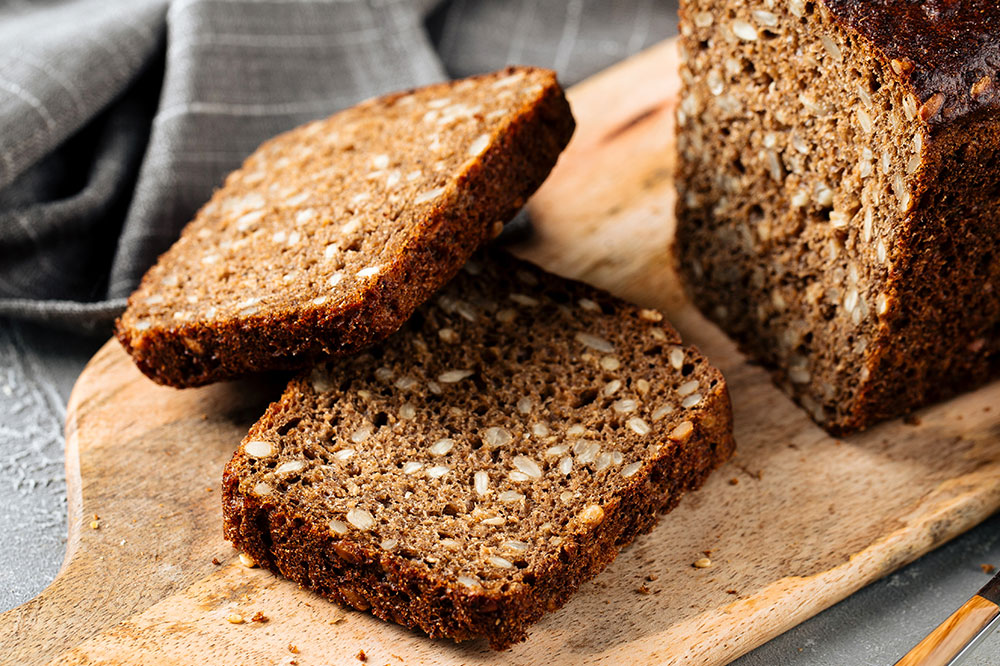Natural Strategies to Manage Constipation in IBS
Discover effective natural methods to manage IBS with constipation. Incorporate probiotics, fiber, hydration, exercise, and stress relief techniques into your routine. Consulting your healthcare provider is essential for personalized treatment plans and sustainable relief from symptoms of IBS.
Sponsored

Irritable bowel syndrome (IBS) is a common chronic digestive disorder characterized by symptoms such as abdominal cramps, bloating, diarrhea, or constipation. Symptoms vary individually, with some experiencing diarrhea-predominant IBS and others suffering mainly from constipation. Although the exact causes remain uncertain, contributing factors may include sensitive gut nerves, infections, genetic predispositions, increased water absorption in the colon, or disrupted brain-gut communication.
Home remedies for IBS-related constipation
When managing IBS with constipation, combining lifestyle changes and natural remedies can be effective. Monitoring your symptoms and triggers can help tailor the best approach for your needs.
Apart from medical treatments, self-care options can provide relief. Recognizing patterns, like food-related discomfort or stress-related bowel changes, helps personalize your strategy. Always consult your healthcare provider before trying new remedies to avoid risks.
Probiotics – Beneficial bacteria in probiotics can restore gut flora balance. Incorporate natural sources like yogurt, sauerkraut, kefir, kombucha, miso, raw cheese, or pickles into your diet. While they may relieve cramps, effectiveness varies among individuals.
Increase Fiber Intake – A diet lacking fiber can contribute to constipation. Eating colorful fruits, whole grains, and vegetables can boost fiber levels. Consult your doctor before adding fiber supplements.
Stay Hydrated – Drinking plenty of water keeps digestion smooth and aids toxin elimination. Limit caffeine and alcohol to moderate levels.
Daily Exercise – Regular physical activity like brisk walking or yoga stimulates intestinal movements and promotes digestive health. Tailor routines to your comfort.
Stress Reduction – Managing stress through meditation, relaxation, or hobbies can lessen IBS symptoms. Seek advice from your healthcare provider for stress management techniques.
Medication Use – Use OTC laxatives or remedies sparingly and only when necessary. Prolonged use may harm nerve function; consult your doctor before use.
Avoid Dairy – Dairy products can cause bloating and discomfort for some, especially those with lactose intolerance. Reducing milk, cheese, and processed dairy may help.
Limit Gluten – For some, gluten triggers IBS symptoms. Reducing bread, baked goods, and processed foods containing gluten may alleviate symptoms.
Living with IBS-related constipation can impact daily life, but adopting these natural strategies can significantly ease symptoms. Consistent efforts and professional guidance are key to effective relief.






